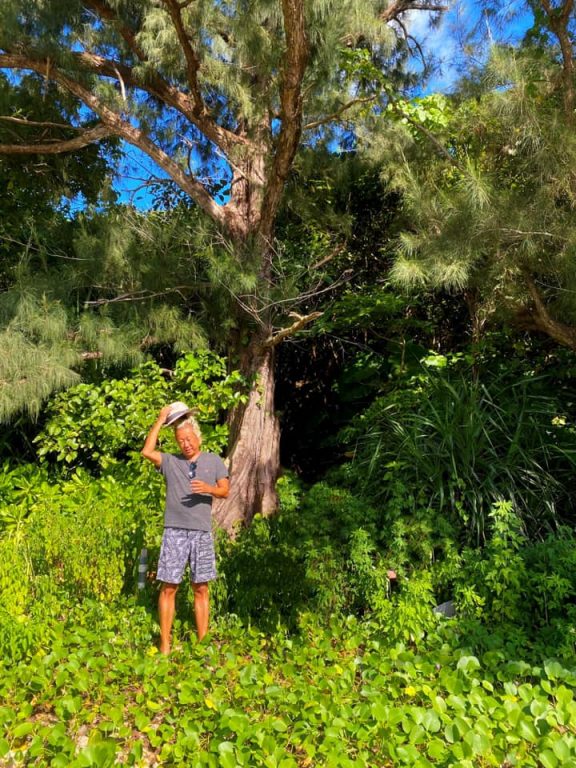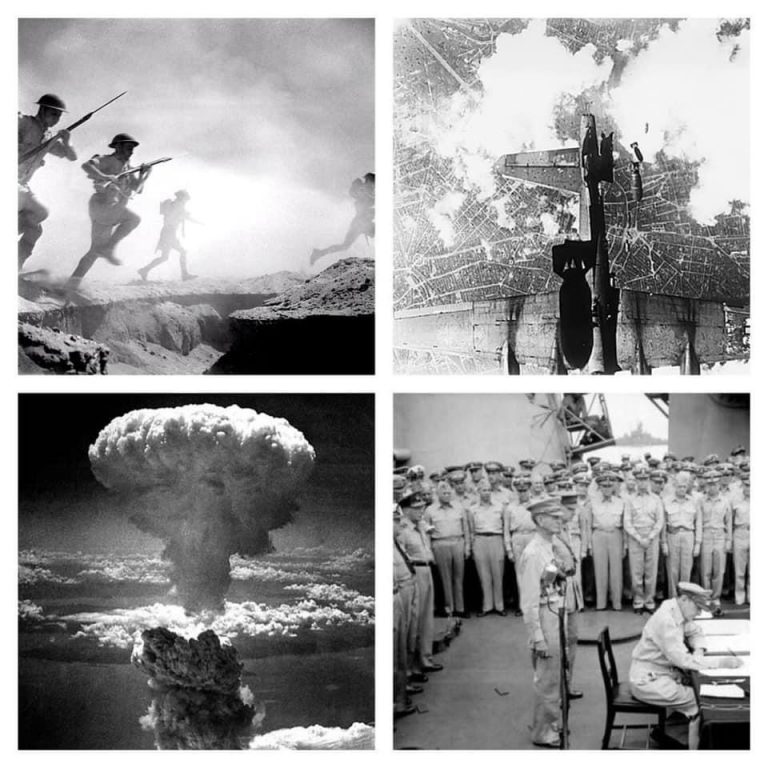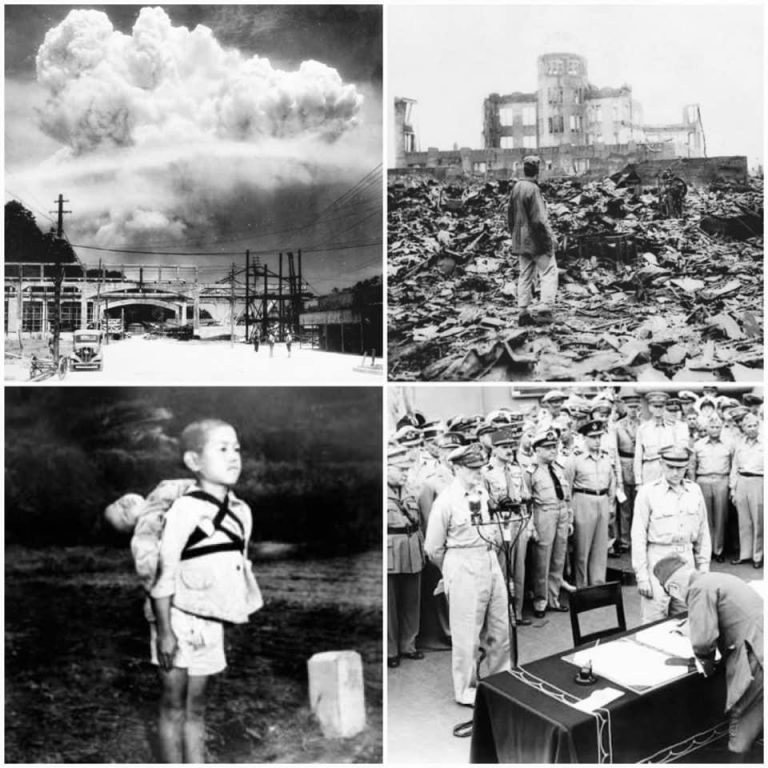Praying for a peaceful world in Okinawa 75 years after the end of the war.

Today, 75 years after August 15, 1945, I am in Okinawa.
At noon that day, the Emperor Showa read the “Imperial Rescript on the End of the War,” which was broadcast over the radio and in the newspapers, announcing acceptance of the Potsdam Declaration and surrender to the Allied Powers. The people of Japan were informed.
The war is over and Japan has lost.
However, the people of Okinawa, which was under U.S. occupation (and returned to Japan 27 years later in 1972), did not receive this Gyokuon-broadcast.
At that time, residents of Okinawa were either in camps or in hiding without surrendering, so it was difficult for them to hear the Emperor’s Gyokuon-broadcast directly over the radio.
Kazushi Uechi, a newspaper reporter, wrote a news report after hearing the announcement of the Gyokuon-broadcast at the headquarters of the 6th Marine Division in Nakijin, and the U.S. military printed it on leaflets and distributed them to residents hiding in the mountains.
Okinawa has been at the mercy of history due to its geographical location at the southernmost tip of Japan.
The U.S. military has referred to Okinawa as the “Keystone of the Pacific,” the base of its anti-communist policy, and has extremely suppressed the human rights of the Okinawan people. Farmers were forcibly evicted by armed soldiers to make way for the base expansion, and students who protested were expelled from the University of the Ryukyus, which was under the jurisdiction of the U.S. military, and denied permission to transfer to a university on the mainland.
In Okinawa, which has such a history, I hope once again that wars around the world will cease and that a lasting peace will come.







